
Gulf News
By Binsal Abdul Kader and Sami Zaatari
February 4, 2019
Jewish, Hindu, Sikh and Islamic religious leaders support ideas of fraternity
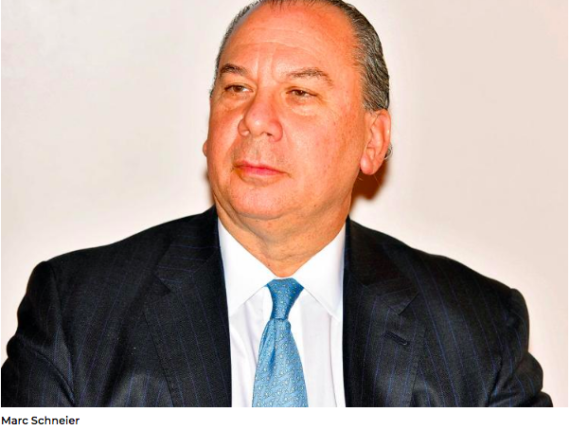
Abu Dhabi: Fighting Islamophobia along with his Muslim brothers is his commitment and responsibility, said a Jewish religious leader.
Speaking on the sidelines of the two-day Global Conference on Human Fraternity that concluded yesterday, Rabbi Marc Schneier, president of Foundation for Ethnic Understanding in New York told Gulf News: “As a Jewish leader, I see it as my responsibility to the Islamic community to be at the forefront of battling Islamophobia and any attack or form of bigotry against the Islamic faith and Muslims. I also expect Muslim leaders to engage with their responsibilities when it comes to speaking out against anti-Semitism and against holocaust denials.”
The conference was attended by more than 700 scholars from across the globe representing all religions to mark the historic three-day visit of the Pope to the UAE.
Schneier added that the UAE’s invitation to Jewish community to the conference will help strengthen Islam-Judaism relations. “The conference represents a benchmark in terms of the transition of the Gulf in developing interfaith relations. There is a tremendous momentum in interfaith dialogue as the UAE has even named 2019 as the Year of Tolerance,” he said.
The participation of the Jewish community in the conference is being recognised as a faith community in the UAE and that makes him proud, said Schneier. “This official recognition not only resonates with the Jewish community in the UAE, it also has a great significance for the Jewish people around the world,” he said.
He appreciated the UAE’s genuine intention to strengthen relations between Islam and Judaism. “The conference, with the participation of so many Muslim scholars, shows their sincere intention and the progress of interfaith dialogue in the Islamic world today. The UAE is not simply talking but walking the talk, and recognising the importance of connecting Islam with other faith traditions by reaching out to them. This presents a new face of Islam to the world,” Schneier said.
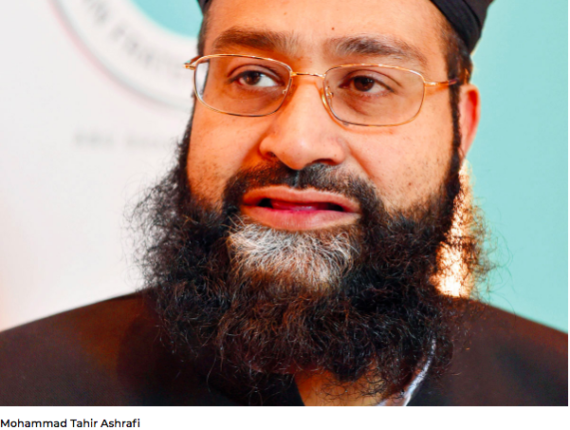
Other religious scholars told Gulf News that the discussions at the conference would lead to tangible results.
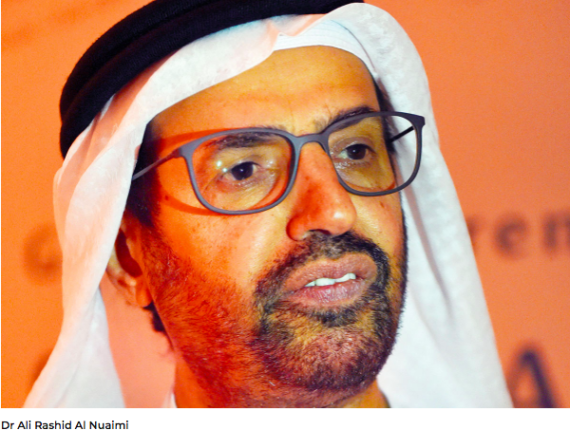
Dr Ali Rashid Al Nuaimi, Chairman of the World Muslim Communities Council, said he was optimistic about participants in the conference translating the ideas of harmony and fraternity into action in their respective communities: “We will have so many initiatives in different parts of the world [by] taking forward the ideas discussed here.”
Al Nuaimi said all religious representatives gave a loud and clear message to the world to create a better future for all. “We all human beings are brothers and we share so many things in common. That is the real achievement of this conference,” Al Nuaimi said.
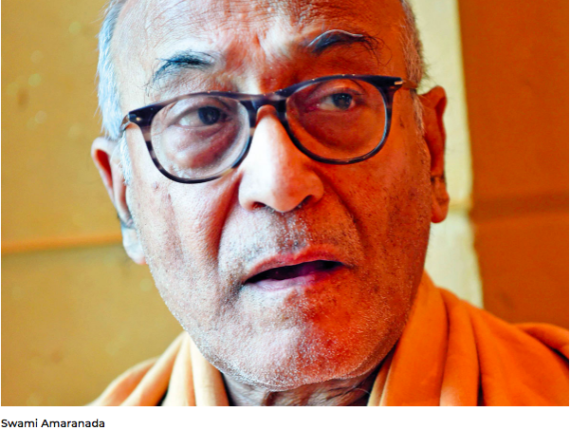
Swami Amaranada, director, Vedantic Centre, Geneva, established by Rama Krishna Order, said achieving human fraternity is not an easy task. “You may talk about fraternity. But if you don’t have divinity in you, it is not possible. Otherwise, it will be a mere talk.”
The UAE, he said, has proved its commitment to this goal with its Ministry of Tolerance and related initiatives.
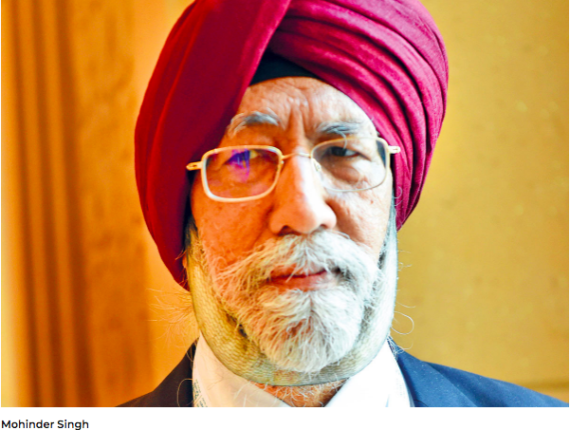
Professor Mohinder Singh, Director, National Institute of Sikh Studies in New Delhi, said that when he attended an interfaith conference in Milan a decade ago, he had commented on the absence of women in it. “Here [at this conference], there are women representatives.”
He said the conference reinforced the message of Guru Nanak, the founder of the Sikh religion, who said that good action is more important than carrying labels of religions.
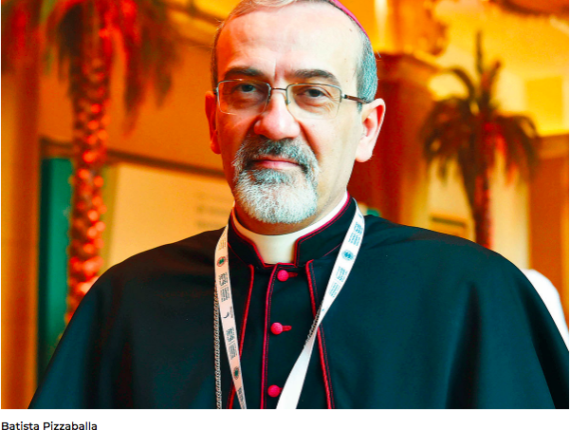
Batista Pizzaballa, Bishop of Latin Patriarchate of Jerusalem, said that, “We are focusing more on conflicts and differences; instead, we have to focus more on relationships and harmony, despite all differences. This is my takeaway message for my people from this conference,” he said.
Copyright © 2025 Foundation For Ethnic Understanding. All rights reserved. | Privacy Policy